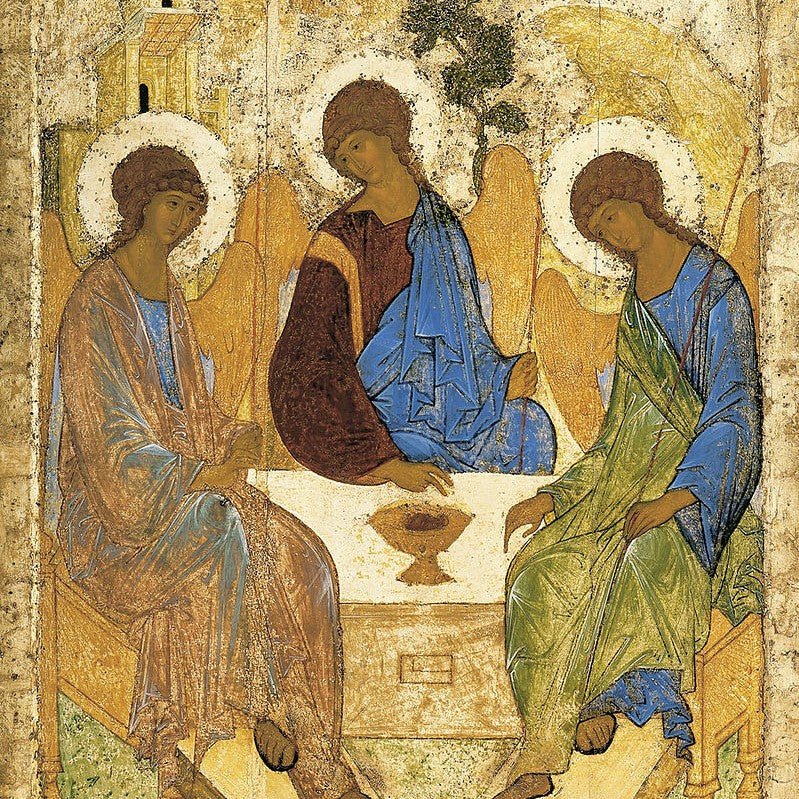
Today, we answer a question that we sometimes hear from atheists or children in Sunday school: "If God created everything, who created God? 5,000 years of human tradition settled in one sentence.
But before we can answer that, we have to explain several things. Because this argument, if left as it is, without incorporating a greater and deeper reflection, will be complicated to answer.
There is a great perplexity among believers when they hear this sentence. Because this sentence is supposed to be the ultimate argument of atheists against religions, and yet when a believer hears it he says: "But that's stupid, it doesn't mean anything! "
We start by explaining the perplexity of the believer and you will understand. There is a presupposition when we talk about God. And the presupposition is that God is God: something mysterious and transcendent, God is not superman, nor is he an angel over a dawn. He is something else.
Transcendent means not of the same order, not of the same category as us. It's a bit like asking "how much does blue weigh". Weight and colour are two different categories. We don't weigh blue. And that's what's at the heart of religious thought.
You can say that you find the notion of transcendence incoherent or that saying that God is transcendent does not mean that he exists. But if you refuse to admit a priori the notion of transcendence, a priori, we are not talking about God. And that's what's likely to happen with this question: when you say, "If God created everything, who created God?", you're saying that the concept of cause applies exactly the same way to God and you. That you and God belong to the same category. The category of created realities. God is eternal. He does not belong to created realities.
So, we rephrase the argument to make it clear. "If God, namely something eternal, created everything, who created this something eternal? And this is where it gets interesting. Because, for the time being, it forces us to move forward in the answer. To clarify what we mean by eternal. And it's true that from this point of view, there's a lot of confusion. We distinguish between sempiternality, temporality and eternity.
- Temporality is us. Our life begins and ends. There is a beginning and an end.
- Sempiternality, that which began with time and is coextensive with time. The laws of the universe. Or typically, for a believer, angels.
- Eternity is above. Often we confuse sempiternality with eternity. If God were sempiternal, like the angels, he would need to be created. Sempiternality is that which begins and ends with time. But God, it has been said, is above the angels. He created the angels. He is eternal. Eternity is what gave time a beginning and an end. That which created time.
For a Christian, God created time, space etc. And if God is eternal. He does not need to have been created. Beginning, ending, only makes sense in temporality. There is no before and after in eternity, by definition. There is no beginning and end in eternity. So, no creation either. But what then?
To show this, we will soften the question. "If God, namely something eternal, created everything, where does this eternity come from? When we pass from what we call contingent things (created realities) to absolute things (eternal realities), the notion of creation gives way to the notion of procession. Procedere in Latin, to come from. The relationship of creation is between two different beings. This is called an external relationship. The processional relationship is what is called an internal relationship. It is within the same act of being that one thing proceeds from another thing. The procession then leads us to the Trinity, which gives us the answer to "who created God? God proceeds from himself: he is eternal son and from none other than himself: he is eternal father. He is the Holy Spirit, which is what we call in theology: the begetting, the innascibility and the procession, the three dimensions in God of his own eternity.

